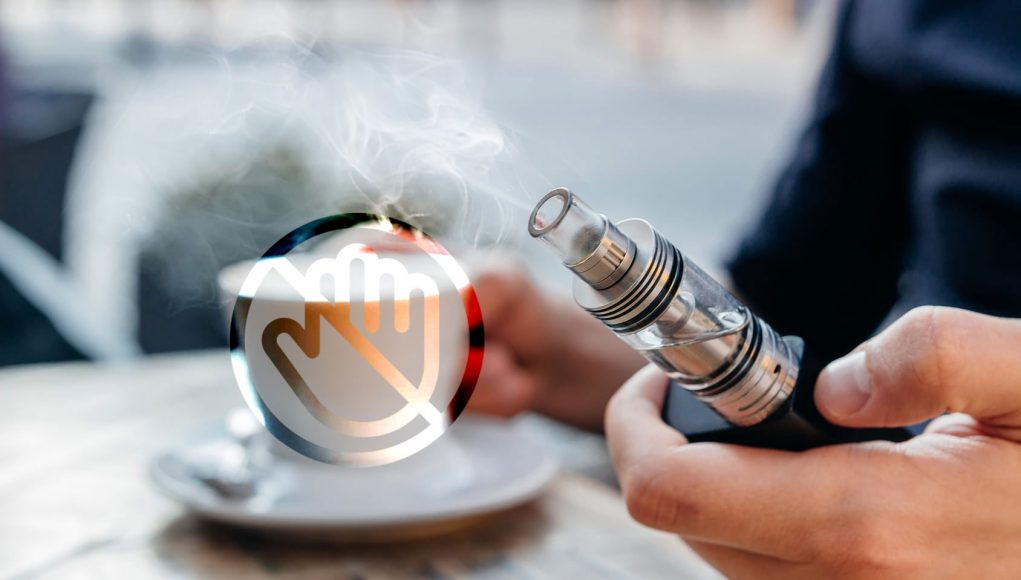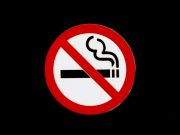Sales data released by Piper Jaffray compare the four weeks ending October 20th 2019, when the Massachusetts emergency ban went into effect, to the four weeks prior to the ban, and then compared the figures to the sales data of the same period last year. The analysis revealed that as predicted, ex-smokers in Massachusetts who had switched to vaping in order to curb their habit, are now returning back to smoking.
A significant increase in cigarette sales since the e-cig ban
“…in Massachusetts, the rate of decline (in cigarette sales) decelerated by a massive 5.7 percentage points (from -9.8% to -4.1%).” Siegel
In a post on his blog page, public health expert Dr. Michael Siegel, pointed out that on a national scale there was only a minimal difference in cigarette sales between these two time periods from 2018 to 2019, and that however this difference was more significant in Massachusetts.
“Nationally, there was very little difference in the rate of decline in cigarette sales between these two time periods from 2018 to 2019. The rate of decline decelerated by 0.3 percentage points (from -7.8% to -7.5%). However, in Massachusetts, the rate of decline decelerated by a massive 5.7 percentage points (from -9.8% to -4.1%),” said Siegel.
“Another way of expressing this is that in September 2019, national cigarette sales were 92.5% of what they were in September 2018, and in October 2019, they were 92.2% of what they were in October, 2018. Thus, there was little change in the rate of decline,” he explained about the national figures.
However, he pointed out, the data specific to Massachusetts tells a different story. “While cigarette sales in September 2019 were 90.2% of what they were in September 2018, in October 2019, they were 95.9% of what they were in October 2018, a substantial lowering of the rate of decline in cigarette sales.”
Many former smokers have already switched back to smoking
“What these sales figures mean is that the emergency ban on the sale of all vaping products in Massachusetts has resulted in an increase in cigarette consumption, most likely due to large numbers of vapers going back to smoking.” Siegel
Siegel explained that as he had predicted, these figures sadly mean that the emergency ban has already led to many former smokers who had turned to vaping in order to quit, revert back to their old habit. “What these sales figures mean is that the emergency ban on the sale of all vaping products in Massachusetts has resulted in an increase in cigarette consumption, most likely due to large numbers of vapers going back to smoking.”
“Because cigarette consumption is roughly linearly related to smoking-related disease and death, this means that unless the state reverses course, the vaping products sales ban is going to result in a substantial increase in disease and death,” he added.
An unjustified ban that is causing harm
The anti-smoking expert concluded by explaining why the ban is unjustified. “The state is justifying causing this known harm to the public’s health based solely on pure speculation that although 90% of outbreak cases admit to vaping THC purchased off the black market, store-bought e-cigarettes are causing a substantial proportion of these cases. This assumes that the 10% of case patients who didn’t report using THC: (1) know exactly what the ingredients were in the products they used even though the vapes may have been given to them by friends or purchased off the street or the internet; (2) know that the products are not counterfeit or tampered with; and (3) are not under-reporting their THC use even though we know that a huge proportion of youth who present in emergency rooms do under-report their THC use to physicians.”













